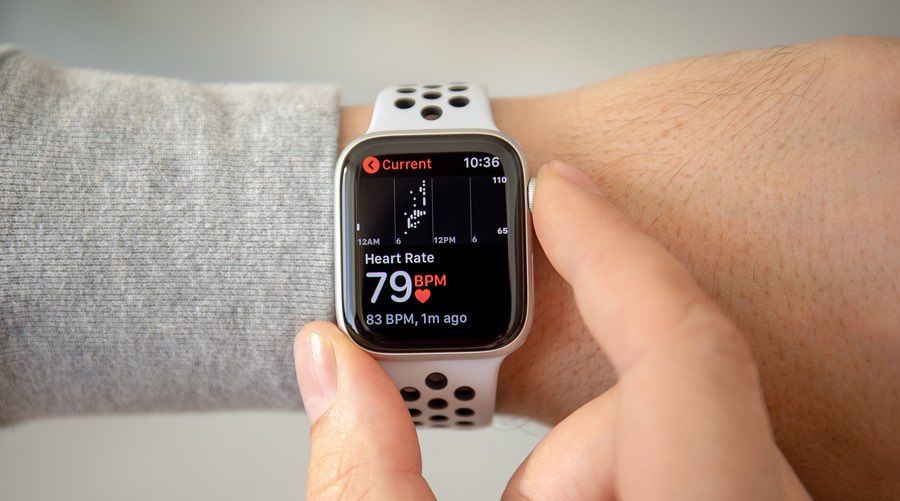How the Apple Watch, AFib and the FDA Changed the Future of Medical Diagnosis

The early diagnosis of medical problems is key to making health care more affordable. Seeing your doctor today costs less than a trip to the emergency room next week. Saving money is always good. Your health insurance provider is a big fan of saving money.
Recently, the diagnosis of cardiac problems took a giant leap forward. Apple can now claim that their Watch Series 4 detects atrial fibrillation (AFib). Food and Drug Administration (FDA) approval made this possible. This watch is the first with embedded FDA-approved cardiac diagnostic tools.
Untreated AFib Is a Serious Medical Issue
In simple terms, patients with AFib have an irregular heartbeat. Some affected patients have a normal heart rate with irregularly-spaced beats. They might not be aware of the problem until their doctor informs them of the problem. In others, AFib manifests itself as a very rapid heartbeat. Shortness of breath and heart palpitations could make it feel like a heart attack.
If AFib goes untreated, there is a risk that a blood clot will form in the heart and travel to the brain, causing a stroke. There are medical procedures that attempt to cure AFib. These procedures don’t work for everyone. That leaves the option of treating AFib with blood-thinning medication. Many patients live long, productive lives with AFib and medication.
The Apple Watch Series 4 Gives a Glimpse of the Future of Self-Diagnosis
Think back. We have come a long way from only being able to diagnose cuts, bruises and broken bones. Oral thermometers have been around a long time. Automatic blood pressure measurement devices are newer more recent. Mobile devices permitted the development of cardiac and diabetic testing devices and applications. Today, we have cardiac monitor watches. More than ever, our health management is heavily dependent on the tools at our disposal.
What’s next? Expect to see these devices linked to doctors, hospitals and health insurance companies. When you suddenly develop AFib or another cardiac problem, you shouldn’t need to call the doctor. The doctor should be calling you. Your health insurer should monitor all this. They will make sure you receive proper care.
Don’t Miss Out on the Future of Health Care
Call Sackett & Associates Insurance Services today at 707-823-3689. To see what is possible, request a quote using our online form. Are you interested in reading about cutting-edge health insurance topics? You can subscribe to our blog. We are on LinkedIn and Facebook. If you like what you see, please leave us a note or, better yet, like us.







